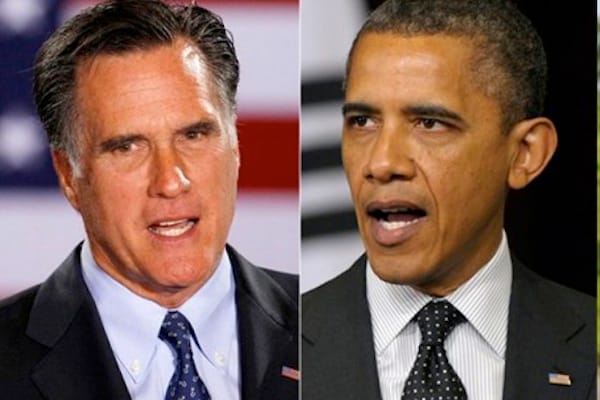Political Attack Ads Impact Voter Perception In Elections


Political attack ads have been used more during the 2012 campaign season than in previous years. According to a Wesleyan Media Project report from March, 70% of campaign ads were negative. That number far exceeds the mere 9.1% of negative ads at the same point during the 2008 election season.
While many of these political attack ads are funded by interest groups and Super PACs, the candidates have put their respective stamps of approval on plenty of attack ads of their own.
President Obama is currently outspending Mitt Romney on political ads, but Romney planned to hold many of his ads until the last weeks before Election Day. Both candidates have favored attack ads for their campaigns. A Washington Post graphic shows 85% of Romney's spending went to negativing advertising and 74% of Obama's $170 million.
"Even though voters say they don't like negative campaigning, the ads are effective," said Jack Cafferty of CNN. "Experts say negative ads tap into emotions like anxiety, fear and disgust that can push a voter away from a candidate."
During an election year, negative campaign ads and political attacks are expected, but such divisive messages may be doing more than pushing voters away from an opposing candidate. A Rasmussen Reports survey shows that only 23% of Americans believe today’s children will be better off than their parents and that number is at a high for 2012.
According to Gallup, 53% of Americans also believe that the country's economic condition is worsening overall and a Huffington Post poll chart shows that over half of Americans think that the nation is headed in the wrong direction. While these numbers show the pessimism of American voters, they do not conclusively find what is to blame. It could be the prominence of political attack ads , or it could be the repetitive reports of terrorist attacks and environmental dangers.
While such ads are supposedly effective, a study done by Vanderbilt University shows that viewers describe them as memorable. Whether or not viewers like the ads is not the priority; it is being able instill that voice of doubt in a voters mind when Election Day comes.
American politics are becoming increasingly polarized and these campaigns are deepening the divide. During Wednesday's debate, Romney and Obama both spoke of working across party lines, but nothing of including independent-minded politicians. While more Americans identify themselves as independents, there has not been an increase in representation. The two dominant parties are constantly focused on one another and any independent voice is often lost in the crossfire.
If this election season is any indication of what to expect in coming years, the partisan divide is only going to deepen. Political attack ads are another tool used by partisan groups to polarize the electorate in their favor. With 38% of independents describing such ads as "memorable," there isn't much of an incentive for a change in strategy.



